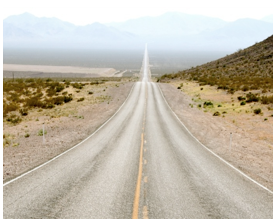A Secret and Dangerous New Challenge to Net Neutrality
BATTLE FOR THE NET--Just when you thought the issue of net neutrality had been resolved, it has found a way to resurface -- only this time, without the public consideration that went with the original outcry. Rulings by the Federal Communications Commission (FCC) protecting access to the Internet without censorship by cable television companies were enacted after more than a year of public hearings and input.
But cable television companies, led by Comcast, have now managed to put special wording and financial disincentives into a required budgeting bill granting the implementation and protection of the FCC’s authority. The fact that these companies could get consideration attached to such unrelated legislation should be a worry to the public. These special legislative additions have been put forward by elected officials who are paid substantial “campaign contributions” and have fundamentally become employees of the cable television industry.
The underhanded behavior that cable television companies are willing to use shows that they want to be immune from existing government regulations – measures that have been put into place to protect the general public. The vulgarity lies in the willingness to put the safety and well-being of the entire United States budgeting process at risk for special interests.
As one of the most powerful lobbying organizations in the United States, the cable television industry has shown its willingness to utilize the Congress of the United States in attempting to subvert the authority of a governmental regulatory agencies that are supposed to protect the public from the power of special interests.
The ability of the cable television net neutrality issue to affect the entire budget of the United States of America is clearly a violation of any good faith effort to allow for public knowledge and input. The fact that these companies can compromise the integrity of the U.S Congress is not something to be taken lightly. The entire future of net neutrality, which was thoroughly discussed for years by the general public and the FCC, is now at risk.
Simply look and see who is supporting this addition to the U.S. budget and compare that to how much money they have received from Comcast and other cable television companies. It’s no surprise to see a direct correlation between the receipt of such funds and the promotion of potential doomsday legislation that could serve to shut down the entire United States government.
This information has not been made available nor has it been widely reported by the general media, which cable television controls. During the time that net neutrality was before the FCC there was substantial media coverage. But now, special interest benefits and broad detailed legislation has been hidden within unrelated legislation -- an attempt to block the general public from knowing about changes to an issue they thought was resolved. It is only through net neutrality that I was able to become aware of this attempt to subvert the government by holding it hostage during the budget negotiations.
A vote is set for December 11 on legislation hidden in the budgeting process that does not relate to the budget. Yet the public is kept in the dark. You should let federal elected officials know your concerns about this secret attempt to kill net neutrality.
Net neutrality is necessary in order for all of us to understand how legislation is passed for the benefit of wealthy financial special interest groups that dominate access to media. It ensures an independent analysis. The continuing control of all major media outlets by six corporations is a travesty, subverting freedoms that are guaranteed under the Constitution.
How many other sweet perks has Congress inserted in the budget for the benefit of their friends and political contributors? This can only be determined by an independent evaluation of how the Congress behaves; it’s clear that existing mass media outlets are no longer truly independent of government.
These giant corporations rely on the government for their very existence and financial future benefits, especially in matters such as net neutrality – and, in turn, those who serve in government are too often controlled by those who are supposed be regulated.
(Clinton Galloway is the author of the fascinating book “Anatomy of a Hustle: Cable Comes to South Central LA.” This is another installment in an ongoing CityWatch series on power, influence and corruption in government … Corruption Watch. Galloway is a CityWatch contributor and can be reached here.) Edited for CityWatch by Linda Abrams.
-cw
CityWatch
Vol 13 Issue 99
Pub: Dec 8, 2015

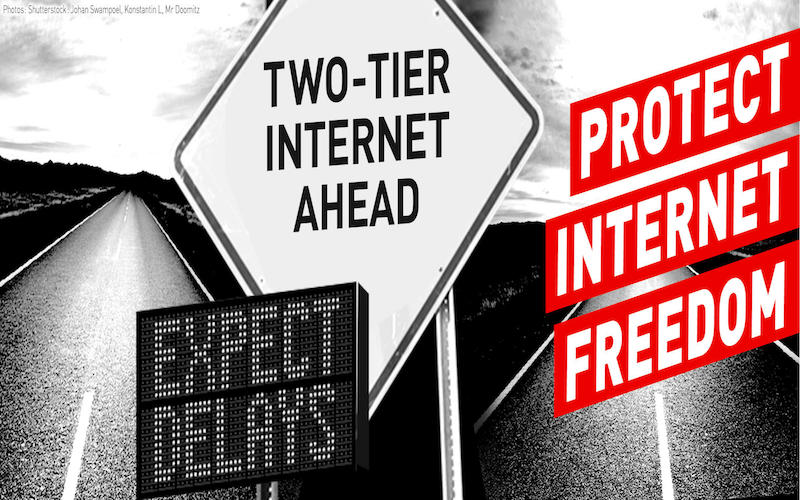
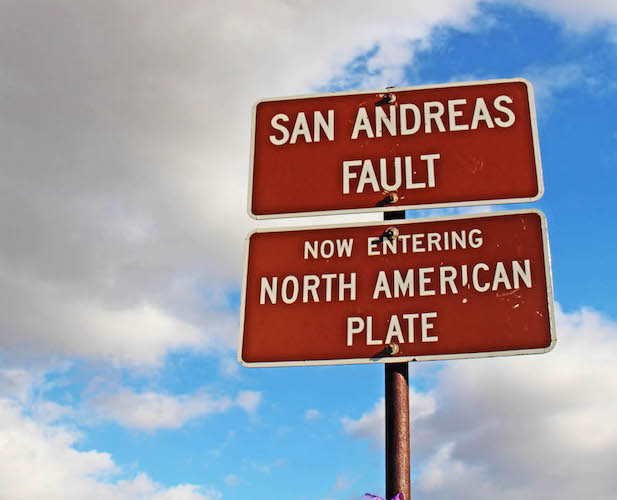
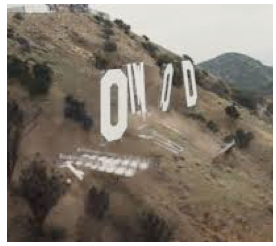 But there are only so many police and firemen, not to mention trucks and ambulances. For the most of us, it will be the scenario I've characterized as You're On Your Own, aka YOYO, at least for a crucial 3 or 4 days. You won't have a lot of help from the uniformed agencies, because they will be tied up dealing with areas of dense population and mass casualties.
But there are only so many police and firemen, not to mention trucks and ambulances. For the most of us, it will be the scenario I've characterized as You're On Your Own, aka YOYO, at least for a crucial 3 or 4 days. You won't have a lot of help from the uniformed agencies, because they will be tied up dealing with areas of dense population and mass casualties. 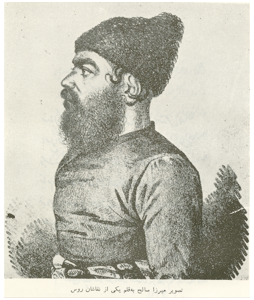
 One of the most moving scenes in the diary occurred when the students made a kind of feminist pilgrimage to pay respect to the novelist and social reformer Hannah More (photo), the high-minded rival of Jane Austen. As the author of numerous books—some of them huge bestsellers—she appeared to them the epitome of the England that Salih called the vilayat-i azadi, or “land of freedom.” The students praised her learning and library; she gave them signed copies of her books, which they promised to print when they returned home.
One of the most moving scenes in the diary occurred when the students made a kind of feminist pilgrimage to pay respect to the novelist and social reformer Hannah More (photo), the high-minded rival of Jane Austen. As the author of numerous books—some of them huge bestsellers—she appeared to them the epitome of the England that Salih called the vilayat-i azadi, or “land of freedom.” The students praised her learning and library; she gave them signed copies of her books, which they promised to print when they returned home.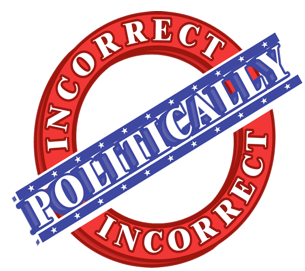
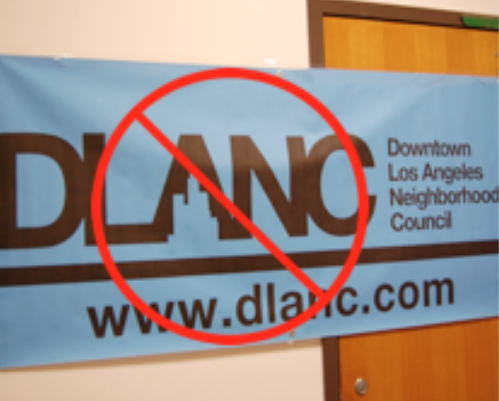
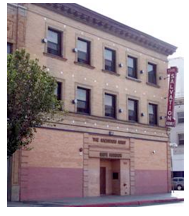 The timing for this sudden departure is even more interesting because there is a proposed development in Skid Row to convert buildings that were previously used by Salvation Army (photo) to provide housing and services to homeless and formerly homeless. The developer now wants to change it into an adaptive reuse project which plans to provide market-rate, micro-unit housing to students and workforce members -- in the heart of Skid Row!
The timing for this sudden departure is even more interesting because there is a proposed development in Skid Row to convert buildings that were previously used by Salvation Army (photo) to provide housing and services to homeless and formerly homeless. The developer now wants to change it into an adaptive reuse project which plans to provide market-rate, micro-unit housing to students and workforce members -- in the heart of Skid Row! 
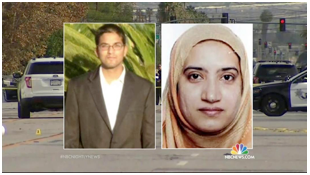 Serious gun control is needed now. Mere possession or sale of assault or any semi-automatic weapons should be declared grounds for possible criminal prosecution. A period of amnesty should be granted for all to turn in these weapons – even reimbursing the owners who can provide proof of purchase; otherwise, allow them to surrender the weapons anonymously.
Serious gun control is needed now. Mere possession or sale of assault or any semi-automatic weapons should be declared grounds for possible criminal prosecution. A period of amnesty should be granted for all to turn in these weapons – even reimbursing the owners who can provide proof of purchase; otherwise, allow them to surrender the weapons anonymously. 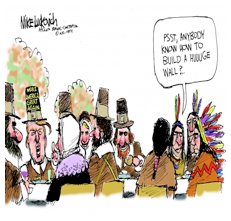 In the wake of the horrific attacks in Paris on Nov. 13, there has been a crushing backlash against refugees from the wars in Syria, Iraq and Afghanistan. A cartoon has been circulating on social media showing a Native American man greeting a Pilgrim, saying, “Sorry, but we’re not accepting refugees.”
In the wake of the horrific attacks in Paris on Nov. 13, there has been a crushing backlash against refugees from the wars in Syria, Iraq and Afghanistan. A cartoon has been circulating on social media showing a Native American man greeting a Pilgrim, saying, “Sorry, but we’re not accepting refugees.” 